Princeton Studies in Culture and Technology17
Tom Boellstorff and Bill Maurer, Series Editors
This series presents innovative, interdisciplinary work that examines the varied ways new technologies combine with older technologies and cultural understandings to shape novel forms of subjectivity, embodiment, knowledge, place, and community. Through inquiries into topics ranging from finance and online sociality to social and technological infrastructure, the series provides a forum for work that incorporates attention to intersections of technology and value. The goal of the series is to showcase the best work in this exciting new field of anthropological inquiry and thereby demonstrate the relevance of anthropology to emerging forms of digital culture in the broadest sense.
-
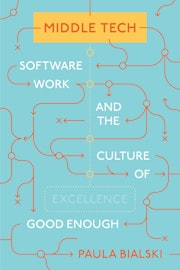
Why software isn鈥檛 perfect, as seen through the stories of software developers at a run-of-the-mill tech company
-
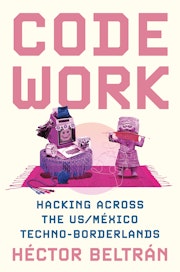
How Mexican and Latinx hackers apply concepts from coding to their lived experiences
-

How craigslist champions openness, democracy, and other vanishing principles of the early web
-
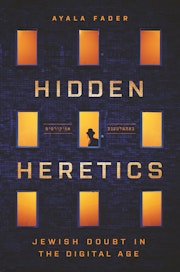
A revealing look at Jewish men and women who secretly explore the outside world, in person and online, while remaining in their ultra-Orthodox religious communities
-
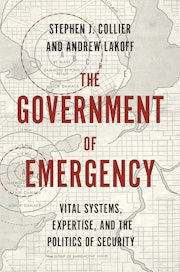
The origins and development of the modern American emergency state
-
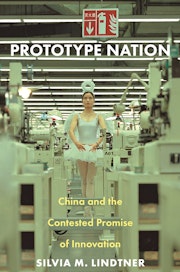
A vivid look at China鈥檚 shifting place in the global political economy of technology production
-
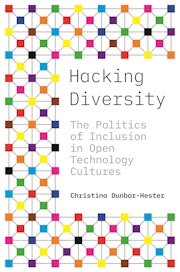
A firsthand look at efforts to improve diversity in software and hackerspace communities
-
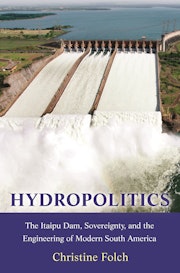
An in-depth look at the people and institutions connected with the Itaipu Dam, the world鈥檚 biggest producer of renewable energy
-
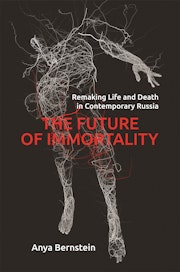
A gripping account of the Russian visionaries who are pursuing human immortality
-
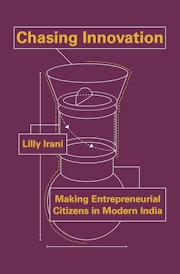
A vivid look at how India has developed the idea of entrepreneurial citizens as leaders mobilizing society and how people try to live that promise
-

A look at the revolution in game live streaming and esports broadcasting
-

Thousands of people from more than eighty countries have traveled to China since 2001 to undergo fetal cell transplantation. Galvanized by the potential of stem and fetal cells to regenerate damaged neurons and restore lost bodily...
-

In New York City in 2009, a new kind of public school opened its doors to its inaugural class of middle schoolers. Conceived by a team of game designers and progressive educational reformers and backed by prominent philanthropic...
-
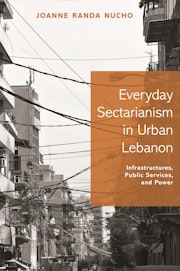
What causes violent conflicts around the Middle East? All too often, the answer is sectarianism鈥攑opularly viewed as a timeless and intractable force that leads religious groups to conflict. In Everyday Sectarianism in Urban...
-
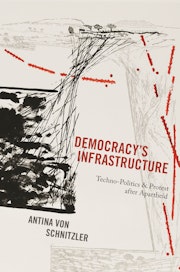
In the past decade, South Africa's "miracle transition" has been interrupted by waves of protests in relation to basic services such as water and electricity. Less visibly, the post-apartheid period has witnessed widespread illicit acts...
-
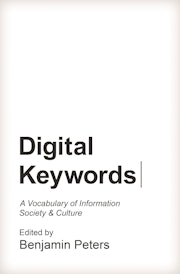
How the digital revolution has shaped our language
-
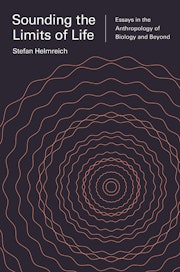
What is life? What is water? What is sound? In Sounding the Limits of Life, anthropologist Stefan Helmreich investigates how contemporary scientists鈥攂iologists, oceanographers, and audio engineers鈥攁re redefining these crucial...